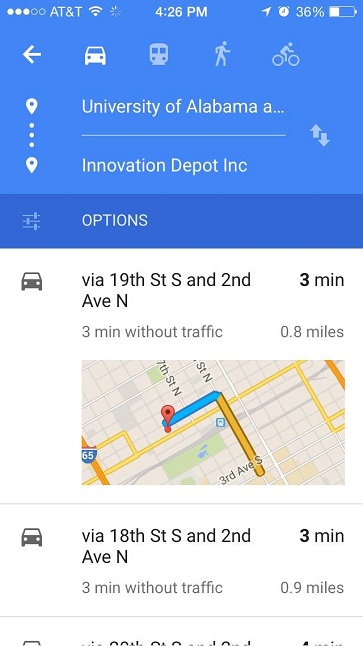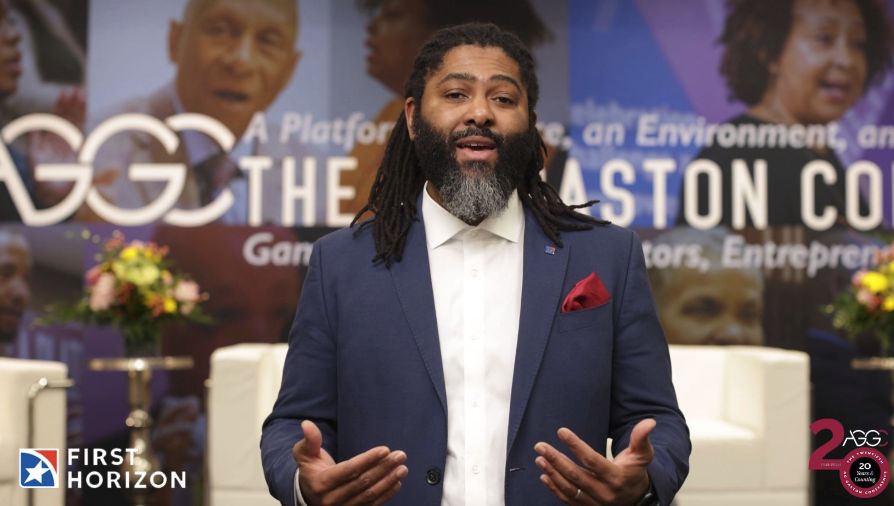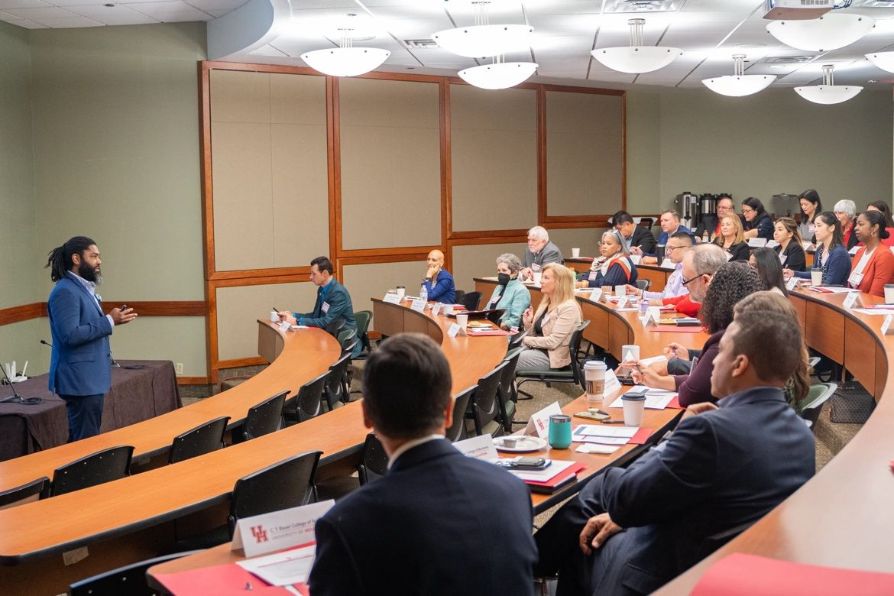
Like many of you, I frequently use Google Maps to get to where I want to go with as little time, gas and emotional energy wasted as possible. The quality and effectiveness of my trip is typically predicated on me knowing at least 3 things:
1. My current location.
2. My desired destination.
3. My likely mode of transportation such as by car, foot or bicycle.
I refer to these 3 factors as my “navigational necessities.” I can’t be vague on these details. Give me your exact address and my exact current location and I typically get anywhere I need to go. However, if I only have a “round about” idea of where I am, where I’m going or how I plan to get there, then I am likely to wind up frustrated, distracted and lost. Moreover, I will deplete a lot of my valuable, yet limited resources in the process.
However, knowing my navigational necessities allows me to properly evaluate several important things:
1. The distance between where I am now and where I want to go.
2. The time it will likely take to travel this distance.
3. The cost such as gas, supplies, and other resources.

I frequently use this analogy in the context of stratemy, a term I coined a few years ago to describe the strategy of me. For example, several years ago I decided that I wanted to be a college professor (i.e. my vague destination). However, I was unclear as to what kind of professor I specifically wanted to be (e.g. HR, strategy, entrepreneurship, etc). I was also unclear as to my exact current situation. That is, based on my then qualifications, it was not clear to me whether my GPA, GMAT and previous education and experience were competitive enough to get into a quality PhD program. I was also unclear regarding how I planned to get there–that is:
Did I need to get an MBA or MS first?
Did I even need a master’s degree to get in?
How would I afford it?
How long would it take?
Who had the best programs?
Which ones were right for me?
Is it required that I quit my job and do it full-time?
Can I do it online and/or part-time?
Fortunately, I was introduced to an organization early in my doctoral journey called the The PhD Project. This organization provided me access to the information, mentors and peer support I needed to clarify and refine my navigational necessities. The impact of this organization, as reflected in its Milestones and Achievements, is quite impressive.
Video produced by The PhD Project and can be found at: https://www.youtube.com/watch?v=6Zp50JrJ-YQ.
As with many trips, my journey has been an iterative process filled with many roadblocks, reroutes and congestion. However, having a network of navigators (mentors), co-pilots (cohort peers and others), and career landmarks (the trails they have blazed) has helped me overcome a lot of challenges that could have easily derailed my career.
If you’re unclear on any of your career’s navigational necessities (where you are now in your career, where you want to go career-wise, and your strategy for getting there), I encourage you to seek out a network of peers and advisors that can help you get specific. The PhD Project has and continues to provide much needed support and clarity on my career journey. With few exceptions, there’s a similar network of professionals in your career field that you can reach out to for help in refining and building your “stratemy.” Only then can you more adequately determine:
a) what knowledge, skills or abilities you need to be developing today to get to your destination,
b) what resources need to be gathered to make the trip,
c) how long it will take for you to get there and
d) alternate routes and career paths in the event you encounter career roadblocks.
Happy navigating my friends.
Dr. Anthony C. Hood is an Assistant Professor of Strategic Management and Entrepreneurship in the UAB Collat School of Business. Dr. Hood conducts research on the effects of social networks, personality, shared cognition and communication on creativity, innovation and performance in teams. Dr. Hood’s research has been published in the Journal of Organizational Behavior (forthcoming), Journal of Leadership, Accountability and Ethics and the Ethics and Behavior journal. Dr. Hood and his co-authors were presented with a best paper award in 2014 from the 74th Annual Meeting of the Academy of Management for their work on shared cognition in teams. He is also a Past President of the Management Doctoral Students Association of The PhD Project.



